I'm a Haskell beginner trying to learn more about the language by solving some online quizzes/problem sets.
The problem/question is quite lengthy but a part of it requires code that can find the number which divides a given list into two (nearly) equal (by sum) sub-lists.
Given [1..10]
Answer should be 7 since 1+2+..7 = 28 & 8+9+10 = 27
This is the way I implemented it
-- partitions list by y
partishner :: (Floating a) => Int -> [a] -> [[[a]]]
partishner 0 xs = [[xs],[]]
partishner y xs = [take y xs : [drop y xs]] ++ partishner (y - 1) xs
-- finds the equal sum
findTheEquilizer :: (Ord a, Floating a) => [a] -> [[a]]
findTheEquilizer xs = fst $ minimumBy (comparing snd) zipParty
where party = (tail . init) (partishner (length xs) xs) -- removes [xs,[]] types
afterParty = (map (\[x, y] -> (x - y) ** 2) . init . map (map sum)) party
zipParty = zip party afterParty -- zips partitions and squared diff betn their sums
Given (last . head) (findTheEquilizer [1..10])
output : 7
For numbers near 50k it works fine
λ> (last . head) (findTheEquilizer [1..10000])
7071.0
The trouble starts when I put in lists with any more than 70k elements in it. It takes forever to compute.
So what do I have to change in the code to make it run better or do I have to change my whole approach? I'm guessing it's the later, but I'm not sure how to go about do that.
